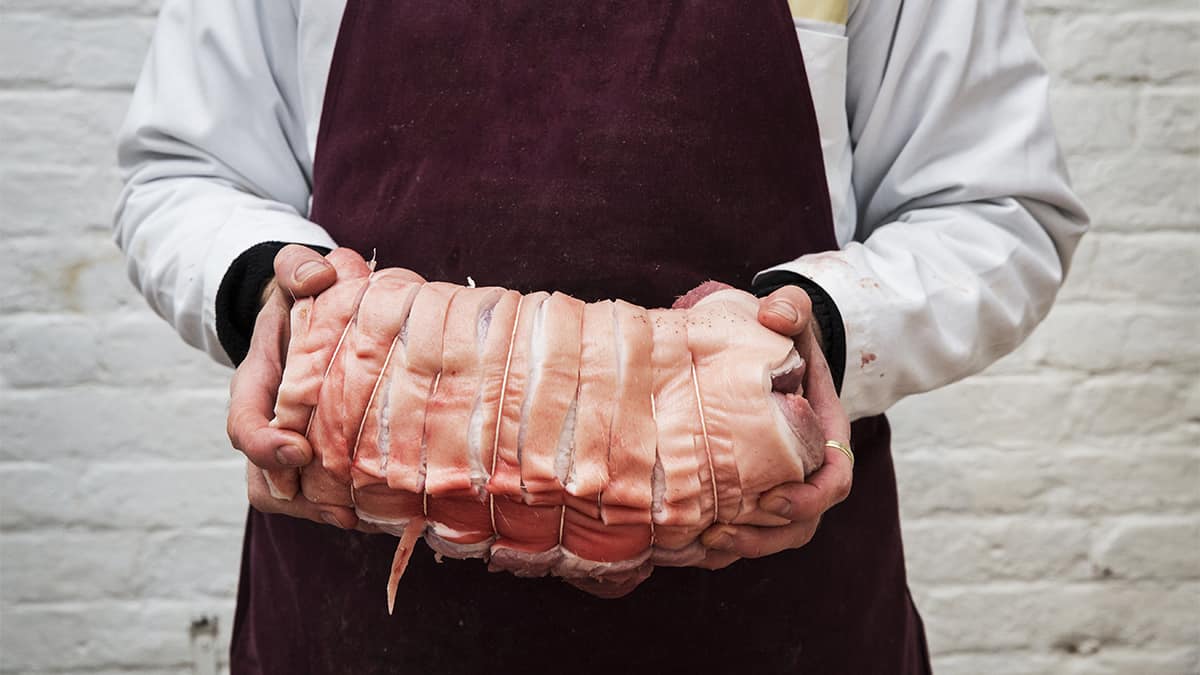Already caught up in trade disputes, significantly between the U.S. and China, over the past couple of years, the Canadian pork industry got even more volatile when COVID-19 arrived on the scene. As the food sector faced shutdowns, producers had to scramble to find new markets for 50 to 60 per cent of their goods.
To help this and other sectors of the embattled agriculture industry, the Ontario government announced a $50-million increase to its risk management program (RMP). That move came a year sooner than originally intended, and helps farmers with unforeseen challenges such as changing market prices, extreme weather events and disease.
“Our government stands shoulder to shoulder with our farmers during these unprecedented times. As we chart a path to recovery, we will be there for our farmers and their workers to help them continue to put food on our tables,” said Premier Doug Ford during an announcement earlier in the month. “We committed to expanding this program in year three of our mandate, but we are delivering on that commitment a year earlier than promised to provide more stability, income security and peace of mind for farmers, which is long overdue. I’m proud to say promise made, promise kept.”
The now $150-million annual program – which has been a permanent fixture in the provincial budget since 2011 – covers those in the cattle, grains and oilseed, hog, sheep and veal sectors. It works like insurance to offset costs which can stem from low commodity prices and rising production costs. This comes at a much needed time as the COVID-19 pandemic hit all industries hard, with local pork farmers and producers seeing disruptions across the board.
Eric Schwindt, chair of Ontario Pork, says the industry has seen rough waters in the past couple of years, and the coronavirus did not help matters. He welcomes the investment from the government, as it will help farmers and others working within the hog sector as time goes on, especially if there happens to be a second wave of the virus.
“It’s basically an insurance program that the industry and government pays into so that when prices drop due to whatever the case is – whether it’s COVID or something we can’t foresee – there’s a fund of money there to help alleviate the losses incurred by farmers. [It] doesn’t make us whole, but it helps us get through the tough times – we’re still in business,” said Schwindt. “We knew that if we’re setting up things below [the] cost of production, there would be some help coming from the RMP program. Unfortunately, with huge swings, mostly down that we’ve seen in the last two years $100 million wasn’t meeting the needs. The $50 million will help the amount farmers can receive.”
He says this will help producers to whom he is speaking with because they are currently struggling for the next steps they need to take because current pricing is not sustainable. He plans to speak to the federal government and see how things can be reworked to make things more accessible.
Schwindt estimates that up to 1,000 hog farms will benefit from the expanded program.
In addition to the expansion of the risk management program an additional $10 million has been announced to help the pork and beef sectors through AgriRecovery. Schwindt says this will help those that were unable to ship out products because of the coronavirus. Also, $15 million has been given to an Enhanced Agri-Food Workplace Protection Program which is a cost-sharing program that will help farmers and other operators enhance health and safety measures for employees.









